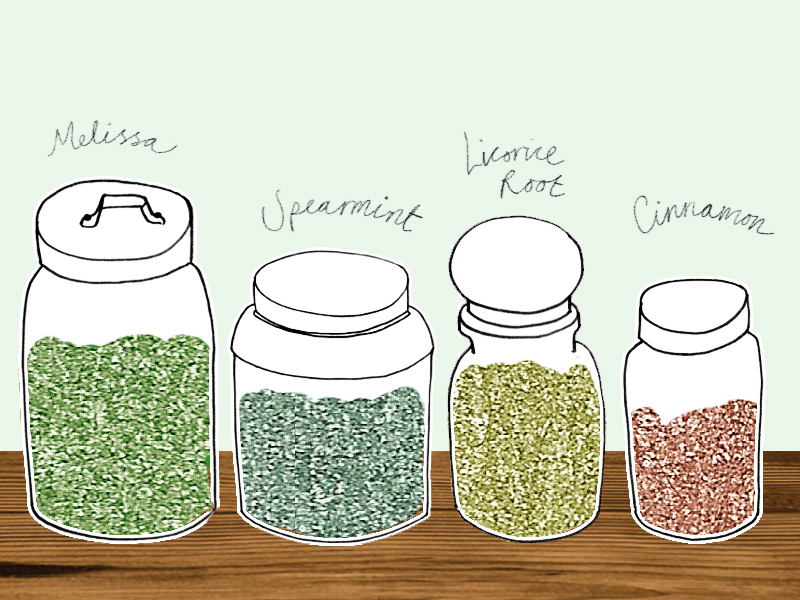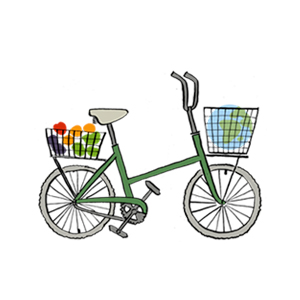 Imagine you work for a friendly ethical herb business, but it is owned by a boss who was paid well over 10 million pounds last year… What if your boss also owns a portfolio of businesses that practice animal testing, promote genetic modification and manufacture harmful chemical cleaning products… Could you still call your business ‘ethical’?
Imagine you work for a friendly ethical herb business, but it is owned by a boss who was paid well over 10 million pounds last year… What if your boss also owns a portfolio of businesses that practice animal testing, promote genetic modification and manufacture harmful chemical cleaning products… Could you still call your business ‘ethical’?
When the news broke that Pukka Teas sold to Unilever in 2017, their ratings with Ethical Consumer dropped from a high scoring 13.5 to 4.5, in line with their new ‘parent’ company.
Pukka Teas launched in 2001, when I was working at Bath healthfood institution Harvest. Pukka co-founder Sebastian Pole would visit our shop to hold tastings. I was an early convert: their spicy blends won my tastebuds, and since then our herbal tea shelf has mostly been a decorative row of their pretty, patterned boxes.
Sebastian Pole says of the sale: “Choosing Unilever came down to two fundamentals: scale and sustainability. It is a leader in social and environmental change and it wholeheartedly embraces Pukka’s beliefs. So, there’s a meeting of values. Pukka will remain 100% organic and a champion for fair trading through pioneering schemes like Fair for Life, and continue to donate 1% of its sales to global environmental charities. With Unilever, we have new levels of reach and opportunity.”
However, Ethical Consumer’s research has highlighted these key points:
- While Unilever scores a best policy rating for palm oil, it has been accused of using suppliers that contribute to deforestation in South East Asia and Africa
- The company is a proponent of GM technologies and invests heavily in research and promotion of them
- Unilever CEO Paul Polman was paid £10,403,000 in 2016, an amount that Ethical Consumer deemed excessive
- The company has subsidiaries in a number of oppressive regimes including Zimbabwe, Saudi Arabia and Israel
- The company still tests on animals
- The company also scores Ethical Consumer’s worst ratings for its cocoa supply chain policy and likely use of tax avoidance strategies
So, many customers and stockists are starting a boycott. With nearly 400 comments on the Pukka Herbs Facebook announcement, it seems that there’s a lot of strong feelings flying around. Their top customer review reads: “Bye bye Pukka – I have bought your products for years but the sellout news has changed all that. You’ve sold out, shame on you….” My nearest health food shops have both decided to drop Pukka, and I’m sure others across the country will be clearing their stocks.
So, there’s been a second tea revolution in our house. Armed with my trusty in-cup infuser, I’ve stocked up on loose licorice root chips, cinnamon bark, chamomile flowers and spearmint. Whenever I fancy a herbal brew, I can pick-and-mix like an ancient apothecary. Neals Yard Remedies and small health food shops such as Harvest in Bath stock a wide range of loose herbs, so if you bring your own jar you can have a packaging-free herbal tea experience. It should even work out cheaper than buying teabags!
Another brand owned by Unilever is Marmite. I’m firmly in the ‘Love It’ camp and need to change my ways. Luckily Essential Trading make Vitam-R Yeast Extract*, which is a perfect alternative—there’s even an organic version.
Unilever claim to be present in 98% of households in the UK. With their brands including PG Tips, Hellmans, Flora, Magnum, Vaseline, Lynx, Persil, and Dove soap I’m not surprised. Time to check your cupboards, and find some ethical alternatives!
*If you buy products after clicking on links marked with an asterisk you will be supporting The Green Shopper at no extra cost to yourself.

Hi Ruth,
It was great chatting to you in Christine’s in Bradford on Avon yesterday. Thanks so much for the info.
Keep up the good work 🙂
Emma
Thanks Emma! I’m glad it’s useful. Do let me know the name of your new health food shop so I can tell my friends in the area… All the best, Ruth